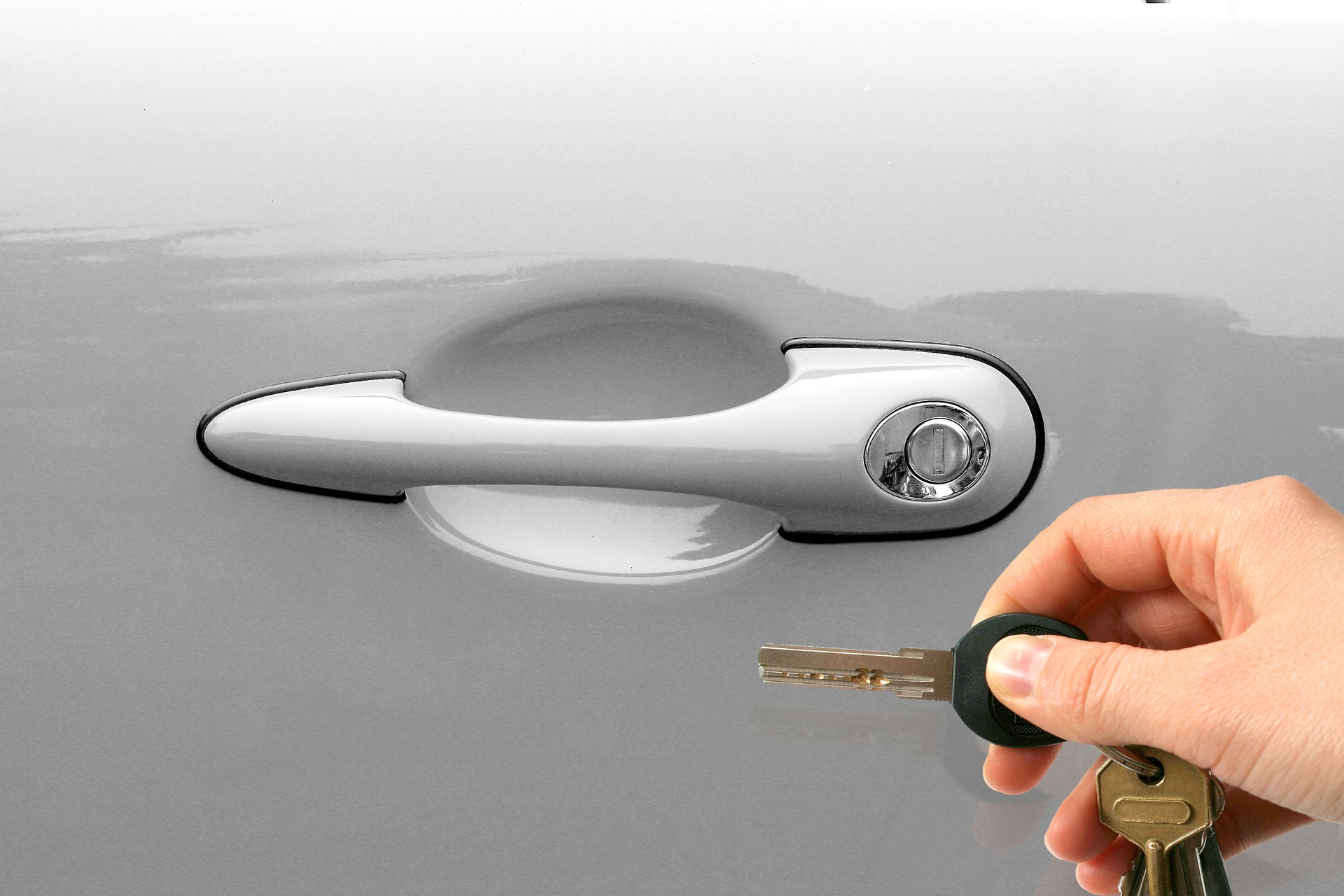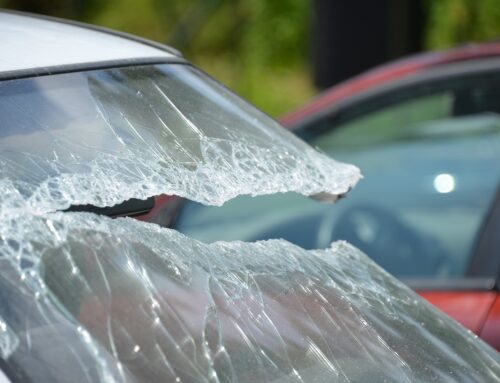When traveling for work or personal reasons, you may decide that a rental car is the best option for your trip. When renting a vehicle, the rental company will always ask you to purchase insurance at the point of contract. This is an ongoing question with many – do you need to purchase rental car insurance? After all, you want to be protected should something happen, right?
The answer is that although there may be some circumstances when purchasing rental car insurance is necessary, most people already have coverage through some other avenue.
You Have Many Rental Car Insurance Protections
Rental car companies most often provide insurance through a loss damage waiver or collision damage waiver (LDW or CDW). These policies cover you if your rental car is damaged in a collision during your rental period, or if the vehicle is stolen or vandalized. With this waiver is purchased at the time of rental, the car rental company won’t hold you responsible for any needed repairs and losses. However, this rental car insurance coverage is typically redundant. Here are other ways you may already be protected.
Car Insurance: You may already be covered under your auto insurance policy. Review your personal car insurance coverage to determine if it includes a loss damage waiver or collision damage waiver for rental cars. This is often a cheaper option for you, as you are already paying for it. however, your personal car insurance may be inadequate to provide the coverage you need. If your policy only consists of a minimum of liability insurance, you may need additional coverage for a rental car.
Health Insurance: An adequate health insurance policy will generally pay the medical costs for you and your passengers if you are injured in a crash involving a rental car. If this is not covered by your health insurance policy, personal accident insurance likely reimburses medical costs.
Homeowners Insurance (or Renters Insurance policy): Your policy likely covers your belongings even if they’re stolen from a rental car. That is why it is typically appropriate to decline the rental company’s personal effects coverage.
Travel Insurance: If you have travel insurance, check their provisions for car rental collision coverage is included. This kind of coverage is comparable to a loss damage waiver in rental car insurance, typically at a lower cost. You should understand whether the coverage is primary or secondary. If the coverage is primary, you can utilize it to pay your costs. If it is secondary, your insurance company will have to pay first before this coverage kicks in.
Credit cards: Some credit cards provide a level of rental car insurance as long as you pay for the rental with your card. Be sure to call the company to verify these benefits before you rent your vehicle. Benefit amounts may vary, and may also include theft and towing costs. However, most credit cards only provide secondary coverage, meaning that your auto insurance will provide benefits up to your limit first – and then your credit card will pick up the remaining balance.
If you check into all of these sources, you will likely discover that you have enough coverage without purchasing additional rental car insurance from the agency. If you will be renting a car in the near future, make these phone calls first – and be sure you are adequately protected. The insurance experts at Anderson & Associate Insurance Group are here to help – call us today for advice or to receive an auto insurance quote.










